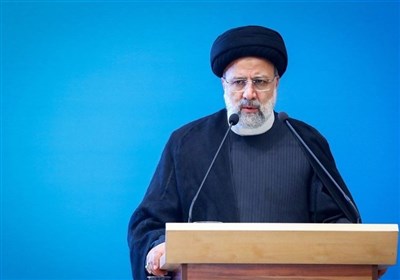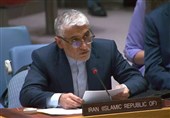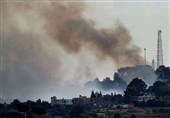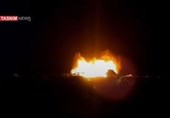Commander Underlines Iranian Armed Forces' High Deterrent Power
TEHRAN (Tasnim) - Commander of the Islamic Revolution Guards Corps (IRGC) Navy Rear Admiral Ali Fadavi said enemies of the country do not dare to attack Iran due to the Iranian Armed Forces' high preparedness to defend the country.
Addressing a gathering of military personnel in Iran's southern port city of Bandar Abbas, Rear Admiral Fadavi praised the defensive power of the Iranian Armed Forces, including the IRGC Navy, and stated,“We have reached a level of deterrent capability and defensive power that has eliminated the enemy’s plot and courage to launch a military attack (on Iran).”
The Iranian commander further described such level of deterrence as “the most desirable purpose of the armed forces in all countries” in the world .
In recent years, Iran has made great achievements in its defense sector and attained self-sufficiency in producing essential military equipment and systems, including military vessels, aircraft, missiles, tanks, armored vehicles, submarines, radars, air defense systems, etc.
Tehran has repeatedly clarified that its military might is merely based on the nation's defense doctrine of deterrence and poses no threat to other countries.
Over the past few years, Iran has also held several military drills to enhance the defense capabilities of its armed forces and test modern military tactics and equipment.
The Islamic Republic maintains that the drills staged by the IRGC or the Army are defensive in nature and meant to convey a message of peace and friendship to regional countries.
Meantime, Iran is now the main power providing security in the Persian Gulf and the Strait of Hormuz, ensuring the safe passage of energy supplies through the strategic region.
The Strait of Hormuz, a narrow waterway between Iran and Oman, connects the Persian Gulf with the Sea of Oman.
It is the only sea passage from the Persian Gulf to the high seas and is one of the world's most strategically-important choke points.
Nearly 40 percent of the world's crude oil also passes through this waterway.





